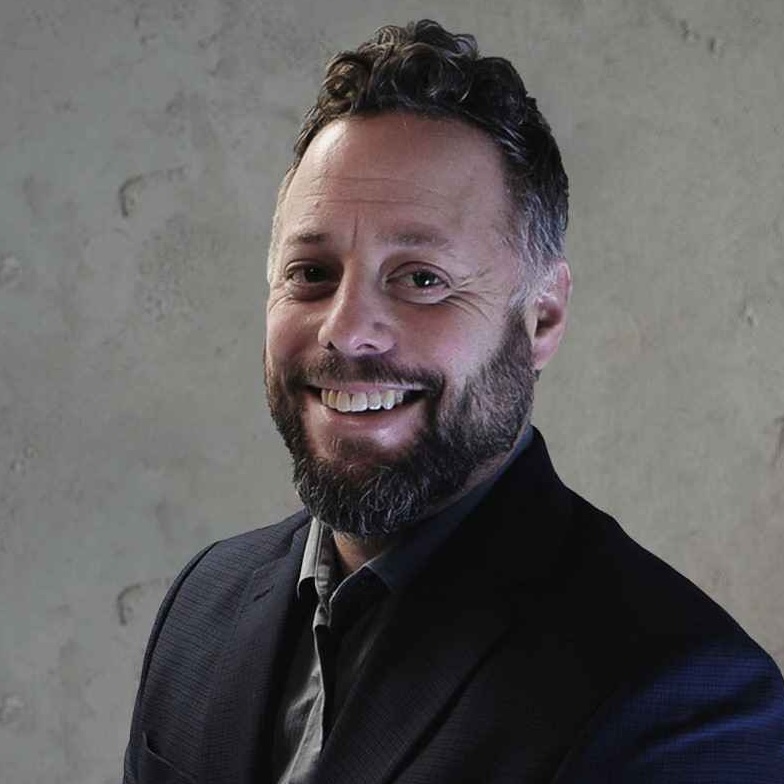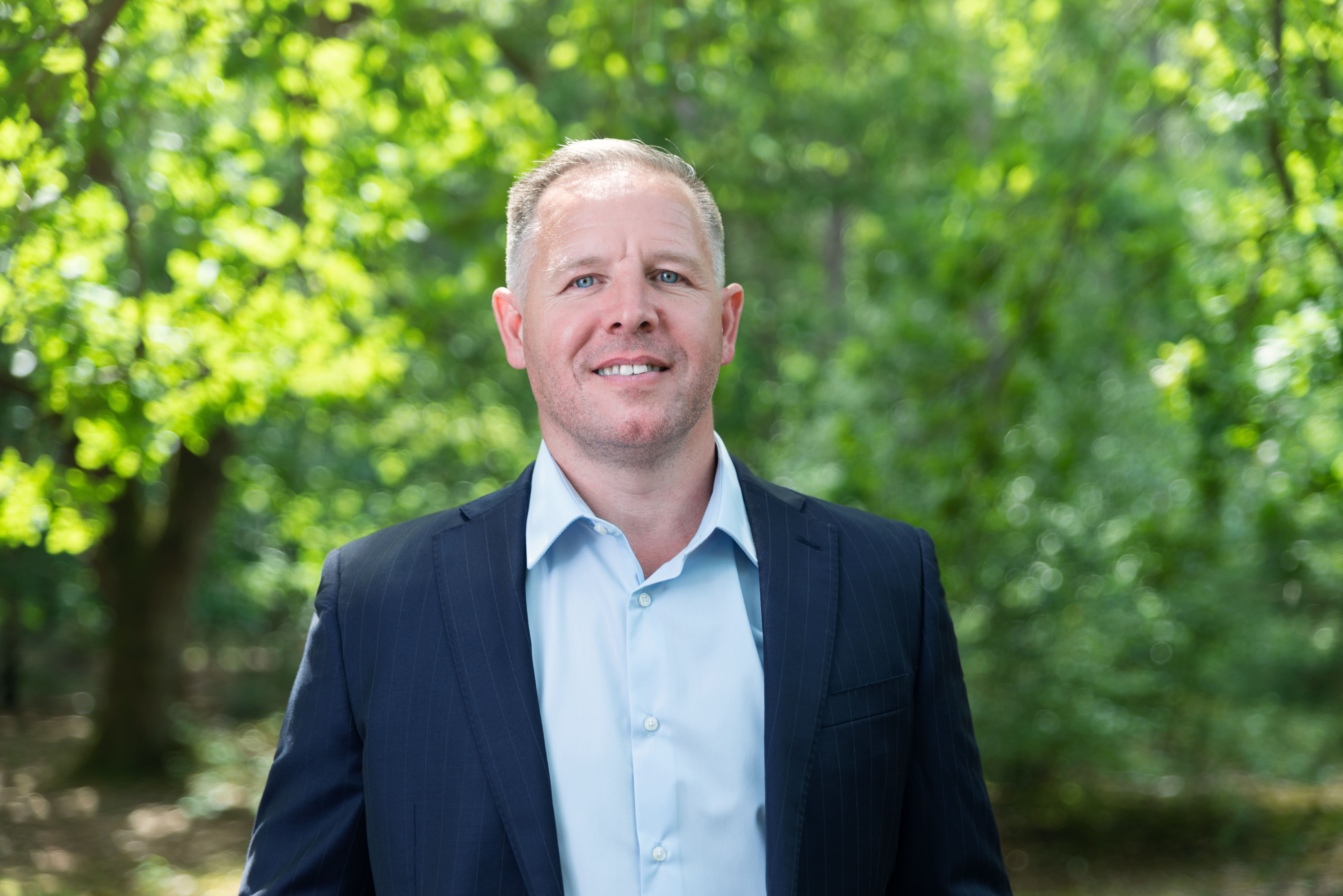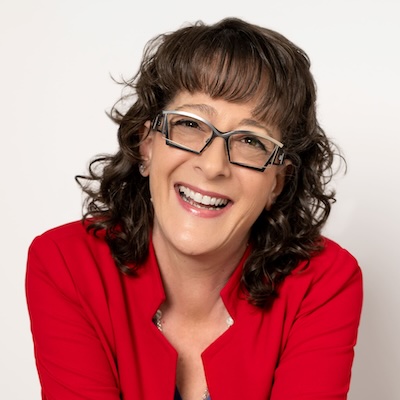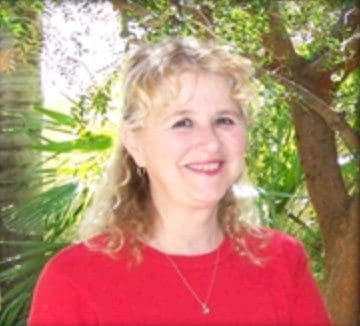- Lane Kawaoka: Lessons for a Passive Real Estate Investor Screw The Stock Market 53:22
Lane Kawaoka: Lessons for a Passive Real Estate Investor Recap of the episode
[00:00:12]
In today’s episode, Lane Kawaoka focuses on helping his clients and his network grow their wealth. He’s a multi-family apartment investor, a syndicator with over 6,000 units, and it was an interesting and enlightening session. However, it can be a little demoralizing for those who are just getting started, but it’s just a reality check.
He points out that you need to have the money to jump into this game and get to the point where you become wealthy, but you do need the startup capital and the kind of discipline and the ability to gain that capital, to begin with. The episode was eye-opening, and some people would view it as a starting point to getting their life together.
[00:02:11]
He’s talked about how investing in a single-family fix and flip, turnkey, small-scale real estate could be a way to get to that level first and then, once there, build up enough wealth to get into the real game. If you have that path, you have to get accredited first and then have access to any private placement any investment opportunity. You can start to make money, and your wealth will grow acceleratedly.
Screw the Stock Market’s New E-book
The Screw the Stock Market Show has a new e-book that has just been released, and you can download it at screwthestockmarket.com/ebook. It’s about reviewing many of the lessons that the podcast has captured throughout all of the show’s episodes so far, and we’ve taken nuggets from it to capture valuable lessons and nuggets that we’ve learned ourselves. We want that to be a nice, easy read for everyone.
About the Guest
[00:06:18]
Lane is a Licensed Professional Civil/Industrial Engineer who has been investing since 2009. They bought a property in rainy Seattle and later moved their portfolio into 11 single-family rentals in Birmingham, Atlanta, Indianapolis, and Pennsylvania. Due to the demand for affordable housing, Lane is now investing in syndications that invest in Class C & B Multi-Family Apartments, RV Parks, mobile homes, and assisted living facilities. Their mission is to help regular people access good deals previously only available to the wealthy.
Frustrated by the lack of genuine real estate education programs, Lane created a website to help the middle class dispel the Wall Street dogma of traditional wealth-building and offer an alternative to “garbage” investments in 401Ks and mutual funds. They provide free investing education, podcasts, networking, and access to investment opportunities not available to the general public. The passive income from their rental properties allowed Lane to move back to Hawaii, where they could live a lifestyle where they could bike to work. Eventually, Lane was able to quit their day job and trade in their e-bike for a Mercedes. In 2018, Lane paid 4% in taxes.
A Map-out for Early Retirement
[00:12:15]
Lane shares his personal experience because he took it for granted, and it took him a lot longer. He also made a lot of mistakes along the way. In 2009, he bought his first rental property in Seattle, Washington. It took a couple more years for him to buy his next rental property in the same area. However, he learned that investing in high-appreciation markets like Seattle was not the best strategy because a recession could hit them hard. Instead, he focuses on investing in cash flow properties in red states where landlord laws are favorable, and the states are more growth-oriented. He invests in Phoenix, Arizona, Houston, Dallas, and Alabama these days.
[00:14:18]
By 2015, he had bought 11 rental properties in places like Birmingham, Atlanta, Indianapolis, and Pennsylvania, following the simple 1% rule where he took the monthly rents divided by the purchase price and looked for something that was 1% or higher. However, he later realized that accredited and higher net-worth investors only sometimes invest in rental properties. He advises people good with saving money and not buying a house until their net worth is at least two or three times the house price. For example, if you are buying a $500,000 house, you should not buy it until your net worth is at least $1.5 million or $1 million. He has learned that what gets you to a $1 million net worth is not the same as what will get you to $5 million or higher. It is all a game of wealth building; what works at one stage may not work at another.
Definition of Accredited Investors
[00:15:50]
An accredited investor is a person or entity legally permitted to invest in securities offerings that are not registered with financial regulatory authorities. In the United States, an accredited investor must meet certain criteria, such as having a net worth of over $1 million or an annual income of over $200,000 (or $300,000 for married couples). The Securities and Exchange Commission (SEC) established the definition of an accredited investor. It is intended to protect retail investors by limiting access to investments that may be too risky or complex for them. Accredited investors are considered more financially sophisticated and able to bear the risks of these types of investments.
Lane’s Journey in Multi-family Apartments
[00:26:52]
He had a full-time day job and valued his sanity and time, but with 11 rental properties producing a few hundred dollars of cash flow each, he received $3,000 of passive income per month. While this was a nice additional income, it was not enough to sustain an American family. He estimates that he would need around 30 properties to achieve a sufficient level of passive income. He experienced an eviction about once or twice a year and some kind of big catastrophe about once a quarter. His property manager handled these issues for him.
Transitioning From a Low-income Earner to an Investor
[00:33:13]
Wall Street companies make so much money because many people are lazy and prefer to be passive investors rather than actively seeking out alternative investments. These alternative investments often require more effort and research, such as building relationships and getting off the beaten path. However, they can offer better returns and the potential to navigate potential pitfalls by finding a community of successful investors to follow. It is important to distinguish between legitimate middle market operators and those who are only successful at internet marketing.
[00:35:30]
He has made mistakes in the past as an investor, investing in a few people who ended up losing money. This was because they were not legitimate and did not follow through on their promises. The best way to avoid this is to build a relationship with other past investors, which takes more effort but allows you to determine who the real deal is. It is easy for anyone to create a fake track record and present it in a PDF, so it is important to do the extra work to verify their credibility.
How Lane Got to Where He is Now
[00:36:24]
Lane advises consistently deploying money with the right people as passive investors to achieve good returns. If you can double your money every five years, you will be able to reach a high level of wealth, around $2.5 million, relatively quickly. Lane believes that choosing the right deals is one of the three key factors to success as a passive investor because it is important to avoid losing money by working with untrustworthy people. Lane suggests networking with other accredited, passive investors to find good opportunities.
[00:38:31]
The infinite banking strategy involves using a tax loophole to avoid paying taxes on life insurance gains and using life insurance to protect money from creditors and litigators. It can be thought of as a home equity line of credit, where the cash value increases as money are paid into the policy, similar to how equity in a mortgage increases as it is paid down. This strategy can be used by high-net-worth individuals who save a large amount of money each year and can achieve financial independence in a relatively short period of time.
Lane’s Advice to Doctors and Engineers on Real Estate Investment
[00:41:11]
Real estate professional status is not related to being a licensed realtor but to actively participating in a real estate portfolio. This can vary for individuals, as some may have rental properties while others do not. The decision to invest in rental properties or not may depend on the potential savings and the level of hassle involved.
Lane’s Advice to Low-income Earners
[00:43:52]
To achieve financial independence, it is important to save as much money as possible and be strategic about it. If you can save $50,000 per year, you will be able to invest in more opportunities and reach your goals more quickly than someone who can only save a smaller amount. However, if you cannot save as much, you may need to get creative with additional strategies, such as using an infinite banking policy to access loans at a low-interest rate. Ultimately, the goal is to find a balance that works for you and allows you to reach your financial goals.
[00:46:51]
Some people work hard and save a significant portion of their income but often pay the most in taxes. These individuals, who are often part of the shrinking middle class, deserve the opportunity to use alternative wealth-building strategies to improve their financial situation. It is not fair for only the very wealthy or those living off government subsidies to benefit from these strategies while those who contribute the most to society are left behind.
The Emergency Fund 2.0
[00:48:03]
Emergency Fund 2.0 creates an opportunity fund with liquid investments and infinite banking. One way to create an opportunity fund is by using liquid investments such as stocks, bonds, and mutual funds. These investments can be easily bought and sold, allowing you to take advantage of investment opportunities as they arise quickly.
Another way to create an opportunity fund is through infinite banking. With infinite banking, you can use the cash value of your life insurance policy as a source of funding for investment opportunities rather than taking out a traditional loan from a bank. This can be a good option for those who want a flexible funding source that can be used for various purposes, including investing in opportunities as they arise.
Connect with Lane Kawaoka:
LinkedIn: LinkedIn
Website: https://linktr.ee/laneKawaoka
Twitter: Twitter
YouTube: YouTube
For more events, check out – https://simplepassivecashflow.com/events/.






























Already a Member? Login Here.
Not Yet a Member? Join the Conversation Today!